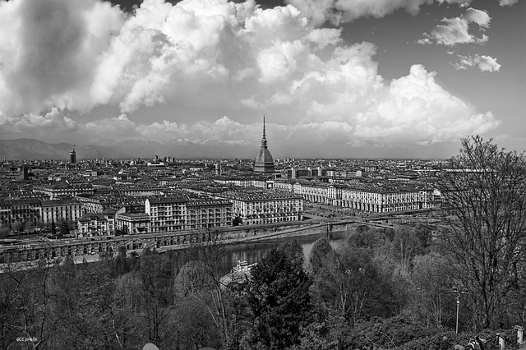Translation services have become more and more popular during the last decades. Indeed, thanks to the possibility  of self-publishing, the number of writers has increased exponentially, and with them, also the desire to reach larger audiences.
of self-publishing, the number of writers has increased exponentially, and with them, also the desire to reach larger audiences.
So, nowadays also a good number of indie authors decide to have their books translated into other languages. But how to choose a good Italian translator – or any translator – especially if you don’t know Italian?
Unfortunately, there isn’t a magic formulae. However, here are some aspects you can consider before choosing an Italian translator.
FIELD OF EXPERTISE
Translators have one or more specific field of expertise. So, for example, a great legal translator might know next to nothing about automotive translation or literary translation.
And if you think that literary translation is easy and anyone can carry out one, I’m sorry but you will have to reconsider your ideas.
Indeed, literary translation can be even trickier than technical translation. It requires at least a good linguistic and cultural knowledge, creativity, problem-solving, good writing skills, an understanding of the author’s needs and of those of the target audience too.
In short, if you want to have your book translated, go for a literary translator.
QUALITY
Professional translators are trained to provide quality translations. Usually, when you contact them, they ask you questions about what the target audience is and the purpose of the translation – is it an educational book or a novel?
Moreover, they generally ask you what your preferences are – are there some words you don’t want to be translated at all, such as names?
And just remember that there’s at least one thing you can do to know if they can really provide quality translations: ask them for a free sample – 300-400 words are enough. You can then show it to someone who really knows the target language and then decide if it’s the case to hire that translator or keep on searching.
COMMUNICATION
Professional translators usually reply to your emails promptly, and communicate with you during the whole project, explaining you any doubt or specific linguistic choice they made whenever a problem arose.
PUNCTUALITY
Missing deadlines usually means losing clients. So, professional translators usually respect deadlines.
In case there were problems, however, they would surely communicate with you, generally offering a discount.
NATIVE LANGUAGE
This seems obvious but sometimes authors forget the first rule of being a good translator: always translate into your native language.
So, when choosing a translator be sure that his/her native language is the same language you want to translate your book into.
RELIABILITY
Reliability is difficult to test, since it depends on people. However, translators who have either a degree in Translation studies or a long experience in the translation filed could be generally considered more reliable than those who don’t have neither of them.
Moreover, you can look for Translation associations membership like ITI UK, IOL, ATA, AIIC, for Italy AITI, ANITI.
PRICE
Professional translation services aren’t generally cheap. Price is calculated per word – or per cartella in Italy – and not per hour.
You can have a look at the price standards in the translation industry in Italy here.
What about you? Have you already hired an Italian translator for your book?
Are you thinking about hiring an Italian translator for your book but you’ve some doubts?
Feel free to share your experiences and doubts below.
Credits
Original image by Bonnybbx




 Places to visit when in Turin
Places to visit when in Turin
